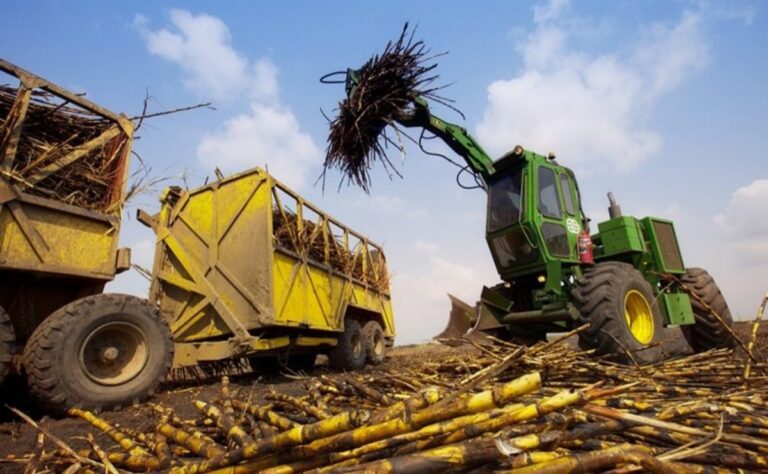🎧 Listen to This Article
The VAT exemption, which extends until the end of 2025, aims to alleviate the economic burden on Mozambican households, especially for essential goods.
On February 26, 2025, Mozambique’s government announced the approval of a new measure to reduce the cost of living, granting a Value-Added Tax (VAT) exemption on sugar, edible oils, soaps, and related raw materials and machinery until December 31, 2025. This decision comes as part of the government’s ongoing efforts to address the rising costs of essential goods and promote economic stability in the country.
Key Measures: VAT Exemption on Essential Products
In a recent cabinet session held in Pemba, Cabo Delgado province, President Daniel Chapo shared the government’s decision to reinstate VAT exemptions on several crucial products, including sugar, cooking oils, soaps, and the materials needed to produce these items. This move aims to ease the economic strain on Mozambique’s citizens by reducing the cost of essential goods.
- Impact on Prices: The government hopes that the removal of VAT will prevent the price increases that would typically result from such taxes, allowing businesses to maintain prices at a reasonable level without speculation. The intention is to keep products affordable for households across the nation.
- Tax Exemption on Raw Materials and Equipment: In addition to the goods themselves, the VAT exemption extends to the raw materials, intermediate products, parts, equipment, and components used in the production of sugar, cooking oils, and soaps by Mozambique’s national industries. This is expected to boost local production by easing the financial burden on factories and businesses involved in manufacturing these staples.
- Extension Until 2025: Originally, the VAT exemption for these products was suspended in 2010. This new move, effective until the end of 2025, will help ease the financial pressure on the population and stimulate local production.
Government’s Rationale: Reducing the Cost of Living
In his statement, President Chapo emphasized that improving the living conditions of Mozambicans is the government’s primary duty. This VAT exemption is part of a broader strategy to combat inflation, particularly in the aftermath of public protests regarding high living costs following the October 2024 general elections.
Evaristo Madime, vice-president of the Confederation of Economic Associations (CTA), supported the measure, calling it “wise and timely” for fostering social peace in Mozambique. He noted that the increase in the cost of the basic food basket had already risen by around 11% in 2024, a trend that was expected to worsen by the end of the year.
Broader Economic Context
The government’s move to eliminate VAT on basic food items and other essential goods reflects its efforts to stabilize the economy in the wake of rising protests and public dissatisfaction over the cost of living. Last November, Mozambique’s business associations warned that continued price increases for basic commodities would lead to social unrest, and the government is now acting to address these concerns.
President Chapo had previously indicated that removing VAT from basic necessities and reducing fuel prices were being considered as ways to address the rising cost of living. The decision to grant VAT exemptions aligns with this strategy to provide immediate relief to the population.
Conclusion
The VAT exemption on sugar, edible oils, soaps, and raw materials for their production is a critical step by the Mozambican government to ease the burden on households facing rising prices. By extending this exemption until the end of 2025, the government hopes to maintain price stability and promote social peace in the country, while fostering economic growth in key sectors.
For further details, clarification, contributions, or any concerns regarding this article, please contact us at editorial@tax.news. We value your feedback and are committed to providing accurate and timely information. Please note that our privacy policy will handle all inquiries



